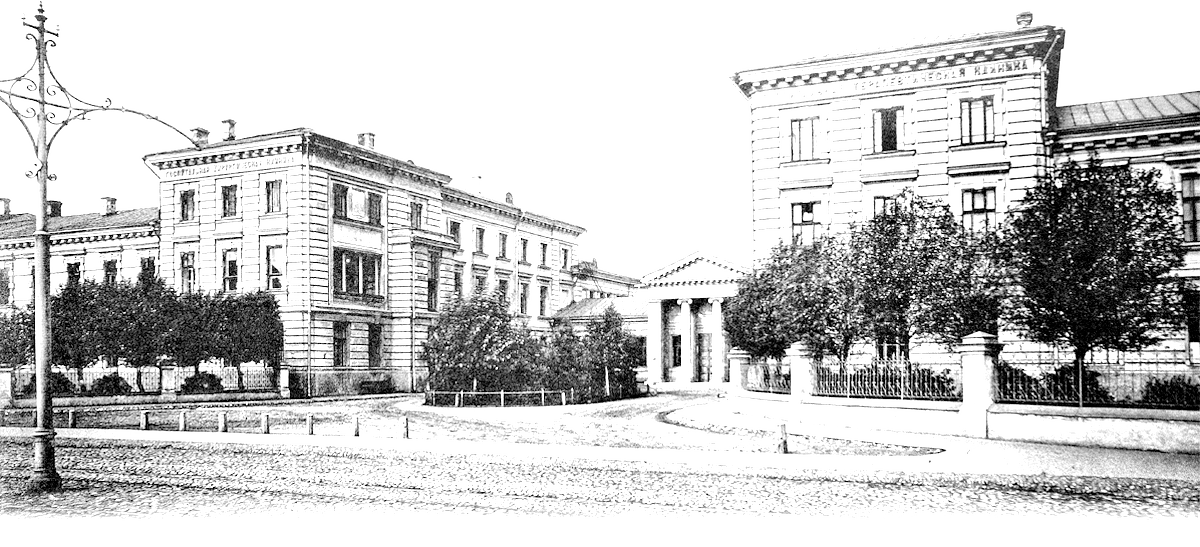Pyelonephritis
- Details
- Published: 04 November 2018
Pyelonephritis is an acute inflammatory process of the kidney and its tissues caused by a bacterial infection.
The most common secondary (obstructive) pyelonephritis, develops due to violation of the urine outflow from the kidney. In 85% of cases, it is caused by a stone in the ureter. Various tumor processes can also interfered urinary flow. Sometimes the ureter shrinks during pregnancy as the fetus enlarges.
Another form of pyelonephritis is a non-obstructive pyelonephtitis, most often it occurs in women, as a rule, after cystitis (acute inflammation of the bladder). In this case, pyelonephritis proceeds without obstruction (disturbing the urinary flow from the kidney).
The general condition of the body is an essential reason of the occurrence of pyelonephritis. It is susceptible to infection because of malnutrition, hypothermia, overwork, hypovitaminosis, dehydration, colds, diseases of the liver, endocrine and cardiovascular systems.
Against the background of inflammation process of the kidney, dynamic intestinal obstruction may develop, which is manifested with abdominal distension, tenderness to palpation in all sides and the absence of intestinal noise.
If pyelonephritis is not treated timely, an abscess and destruction of the renal tissue can cause a septic condition (blood infection). The removal of an organ becomes necessary in the case when disease develops into life-threatening form.
Symptoms of pyelonephritis
Pyelonephritis is characterized by an acute onset of fever, chills, and single or bilateral pain in the lumbar region. Symptoms of the disease develop within a few hours or one day. Often there are false urges to urinate, painful and frequent urination, as well as nausea, vomiting, dry mouth. Sometimes patients complain on diffuse abdominal pain and diarrhea. Against the background of general weakness and indisposition, there are an accelerated heartbeat, headache (mainly in the frontal region), the temperature rises to 39-400С.
In obstructive pyelonephritis, the inflammatory process is usually preceded with renal colic - paroxysmal pain in the lumbar region. It is accompanied with headache, nausea, vomiting, and aching muscles, bones and joints.
The development of purulent forms of pyelonephritis exacerbates the clinical picture. Paroxysmal pain in lumbar region becomes constant, accompanied by fever and chills. There is tension in the muscles in the lumbar region and in the muscles of the abdomen on the affected side. There is dehydration, which changes the face of the patient. Such a serious condition may be accompanied by euphoria - clouding of consciousness.
Diagnostic of pyelonephritis
Recently, new research reports that the diagnostic of acute pyelonephritis has improved markedly.
The most frequently ultrasound examination in combination of Doppler ultrasound examination, which makes possible to clearly visualize the blood flow in organs, including small vessels, is performed. Circulation disorders indicate an inflammatory process, and the location of its foci.
In the case of severe disease or low efficiency of the therapy, multispiral computed tomography (MSCT) with simultaneous intravenous injection of a contrast is used. The examination allows to establish the cause and level of possible obstruction of the ureter, as well as to identify areas of impaired blood circulation or foci of purulent destruction in the affected kidney.
Magnetic resonance imaging (MRI) is recommended for pregnant women; this study does not have radiation exposure and it is completely safe for the mother and the fetus.
Pyelonephritis treatment
Acute pyelonephritis always requires hospitalization. In the case of non-obstructive pyelonephritis, antibacterial, infusion (intravenous special solutions) and anti-inflammatory therapy are sufficient.
Antimicrobial therapy continues for 10-14 days.
Due to the presence of bacteria in the blood (bactermia), intravenous injection of antimicrobial agents is being continued for 7-10 days, in the absence of bacteremia - for 3-5 days. Then doctor prescribes drugs for oral administration for 10-14 days.
Fever subsides in 39 hours after the treatment has started, in 26% of patients - in 48 hours or more. If, during the treatment, fever and bacteriuria (infection in the urine analysis) persist for more than 3 days, an ultrasound examination or MSCT is performed again to exclude kidney abscess, obstruction or other organic changes in the urinary tract.
Therapy of an obstructive pyelonephritis is preceded with a procedure that allows to restore the normal urinary flow from the kidney. Using endoscopic manipulation doctor installs a ureteral stent (special internal drainage), which connected kidney and bladder. Then treatment of the disease that causes pyelonephritis is performed.
The method of internal drainage is also used in case when pregnancy is the cause of pyelonephritis attack (an enlarging fetus). It is an absolutely painless procedure for a woman. Through the urethra and the ureter, bypassing the bladder, a ureteral stent is placed in the kidney, providing an unobstructed urinary flow. The stent changes once every three months. The danger of re-inflammation is completely eliminated by childbirth. A week later, the stent is be removed from the woman body.
Open surgery with subsequent discharge of urine through a tube in a special package is used extremely rarely. This method is relevant in the most acute conditions, when inflammation has led to the destruction of the renal tissue and there is a threat of a septic condition (blood infection due to infection in the bloodstream).
Due to proper treatment, primary acute pyelonephritis in adults can be cured without leaving consequences. In the Department of Urology at Sechenov University doctors have a wide experience in the treatment of acute pyelonephritis, which allows its treatment with a high level of efficiency.




